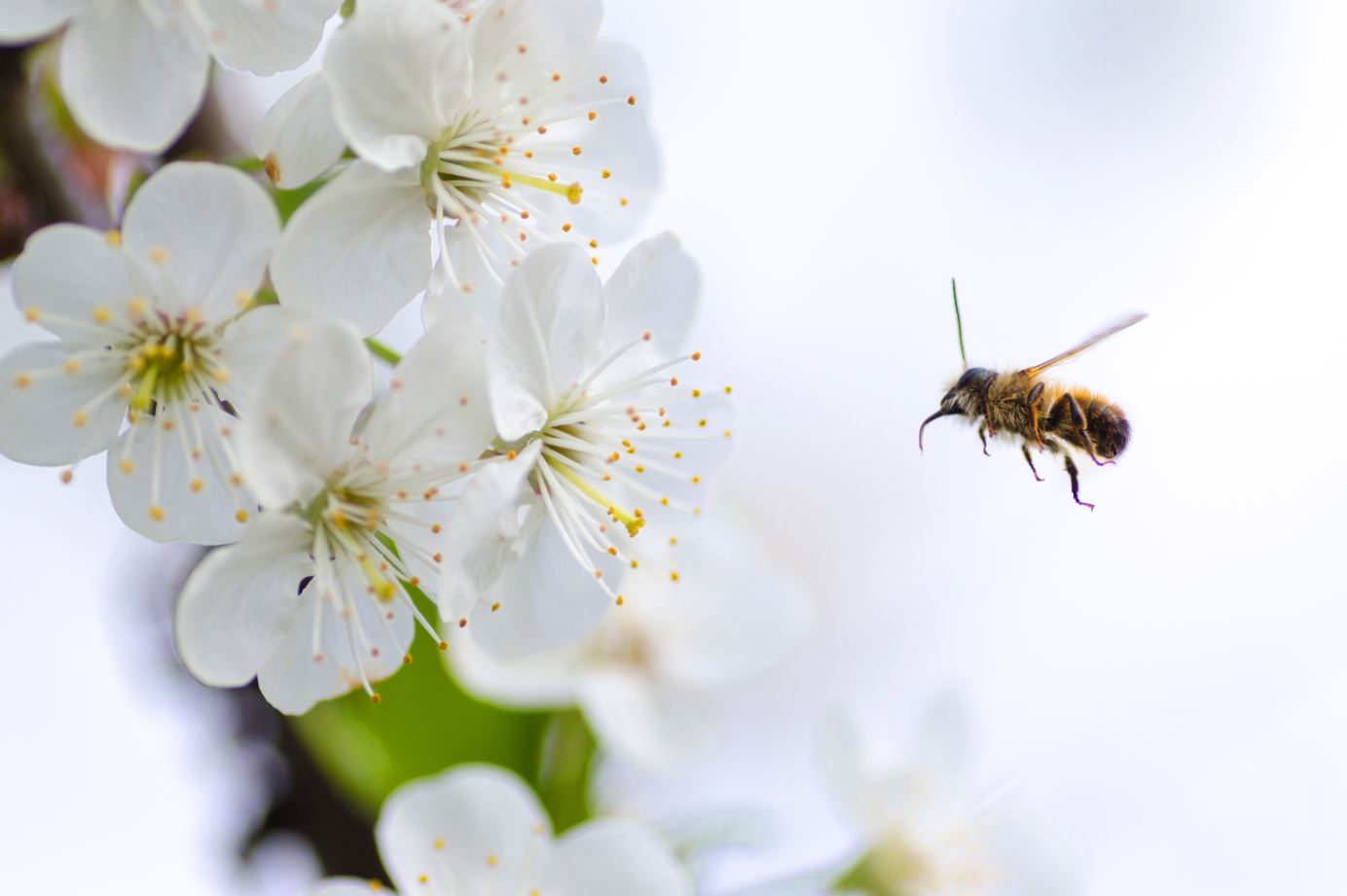A third of the UK’s wild pollinator species declined between 1980 and 2013 due to habitat loss, pesticide use and climate change, a new study has found.
Researchers examined data for 353 hoverfly and bee species using records from various monitoring schemes, such as the UK Hoverfly Recording Scheme.
They used models to estimate nation-scale insect trends and found a wide variation between which species declined and where, with some species seeing increases and some losses linked to specific habitats. The most notable findings were the scale of changes found, the study said.
“The magnitude of these changes highlights significant risks not just for regional pollinator communities, but also for the net provision of pollination services,” the authors wrote.
There was a 55 per cent decline among insect species in the uplands, compared to a 12 per cent increase in crop pollinators found on farmland. The latter shows the benefit of agri-environment efforts to increase insect habitats on farms, such as at the border of fields, but scientists warned this is not reflective of the overall picture.
“The general declines highlight a fundamental deterioration in both wider biodiversity and non-crop pollination services,” they said.
The study said that while current conservation efforts have helped crop pollinators, more effort is needed to restore habitats and food resources for insects across the wider landscape.
Published in the scientific journal Nature Communications, the study builds on a growing body of work that is documenting a major crash in insect populations across Europe and globally.
A recent study linked intensive agriculture to insect declines, while a study in Germany found that 75 per cent of insects has been lost in the country over the last 25 years. This most recent study is the first national-scale survey of insect populations in the UK.













0 Comments